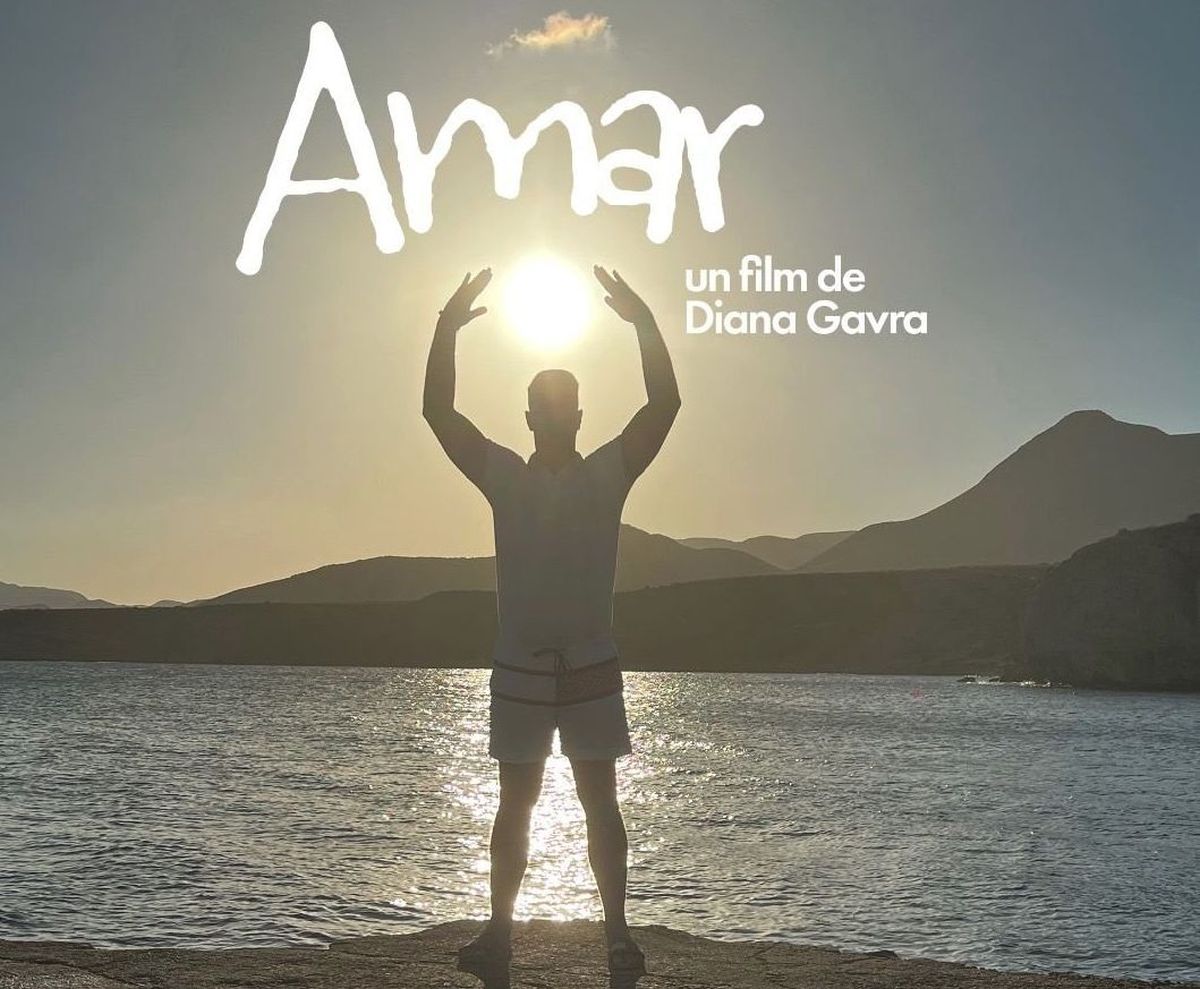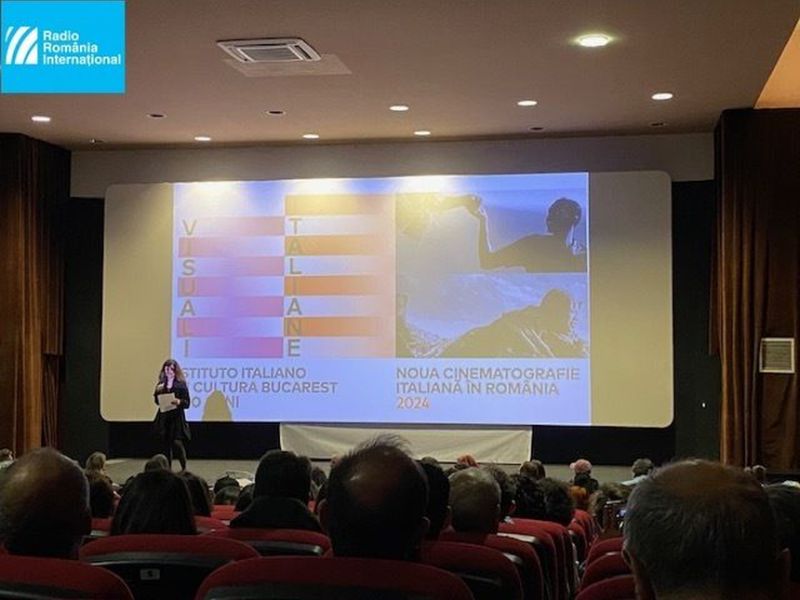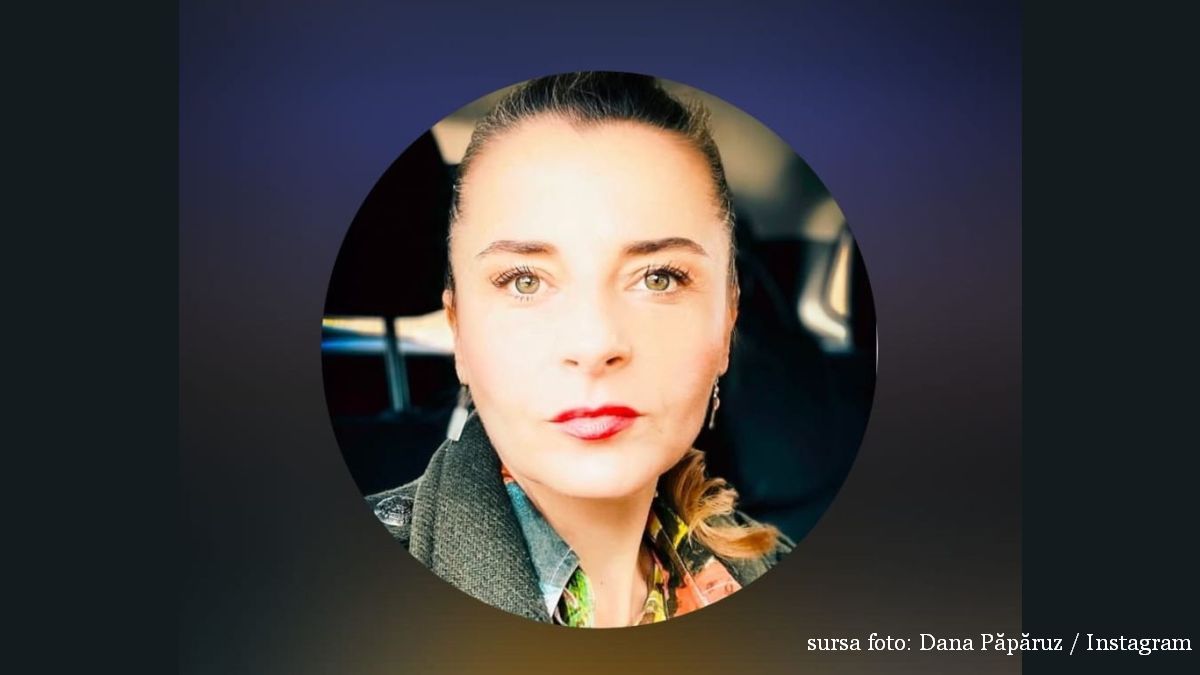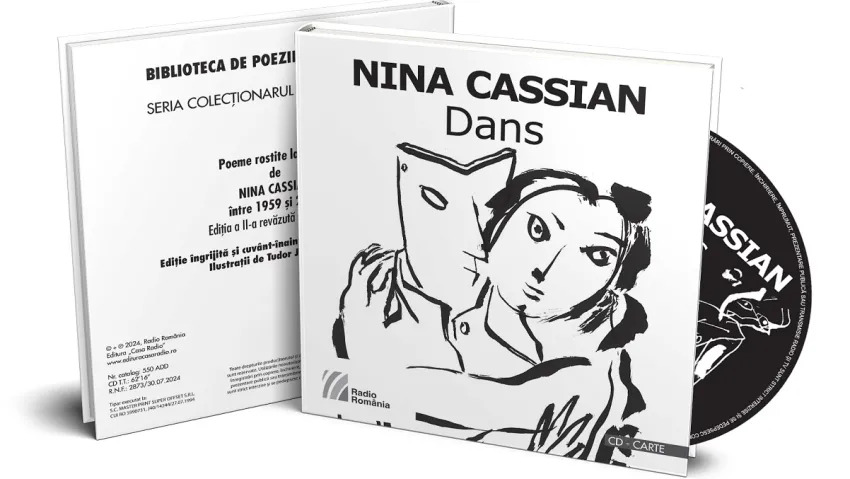‘Amar’, an award-winning documentary film at the Astra Film festival
Last year, the New Perspective Award at the Astra Film Festival went to ‘Amar’, a documentary film directed by Diana Gavra

Corina Sabău, 10.08.2024, 14:00
Last year, the New Perspective Award at the Astra Film Festival went to ‘Amar’, a documentary directed by Diana Gavra. The film has been in theaters since March 8th. With tenacity and courage, Diana Gavra built a relationship based on trust and intimacy with the protagonists, in a bid to get closer to a group of people for whom being pickpockets was, in their own words, a way of life. “With objectivity, without sensationalism, offering the heroes space to honestly express their complicated life, this film masterfully unravels the personality of the people behind stereotypes” says the statement of the jury of the Astra Film Festival.
Amar Răducanu, a young man of Rroma origin and the central character of the film and filmmaker Diana Gavra met in 2021. Amar stole an envelope with money from Diana. Diana filed a complaint with the police, and, with the help of the CCTV camera, the thief was apprehended. Amar had just been released from prison where he had been detained also for theft. He asked Diana to accept his proposal to return all the money to avoid new charges pressed against him. Diana realized that, to be able to return the money, Amar would have had to steal again. She consented to drop the charges on one condition: Amar should let himself be filmed and become a character in her documentary film. Amar said yes and so the collaboration between the two began. When the filming began, Diana Gavra, a director, lawyer, and teacher at the National School of Political and Administrative Studies – SNSPA, also had a PhD degree in Roma integration, so she had documented the subject.
Making the film was a challenge for her to push her limits and try to relate to a world that was unknown to her: “Through this film I intended to shed a different light on this world and to look at things from a human perspective. I wanted to see how these people are in reality, to be able to know their problems, their emotions, their experiences, their wishes and frustrations. I managed, in the course of a year, to capture baptisms, weddings, funerals, absolutely all that happened in Amar’s life, in his family’s life and in his circle of close friends and relatives. Of course, people like us do not interact with this environment at all. We live in parallel worlds, each in their own bubble, and we have the impression that everybody thinks the same, that we can understand each other, that our world is perfect. Our worlds, mine and Amar’s, overlap only in the event of a conflict. Just as happened in 2021, he stole money from me, I filed a complaint and everything would have ended with him being sent to prison. As a matter of fact, we do not know how these people live, and they do not know how we live. They don’t even know what other life perspectives they could have, because we ourselves didn’t even think that they could lead another life. That’s why I thought that through this film I would shed light on their world, and also on our world, raising issues including social responsibility issues. It is also clear from the film that Amar was born in Bucharest, right in the center of Bucharest, on Episcop Radu street, near Calea Moșilor, but he is completely illiterate. We have debates about functional illiteracy, and we are concerned that it is very widespread. But Amar doesn’t even know how to write his name. And I wonder, how is it possible for a child born in 1986, in the center of Bucharest, to be abandoned? It is true, his family did not send him to school, this was not their model of life, but what did society do for him? I think that the statistics should have mentioned that this child did not attend school. And the question is: do we have any responsibility towards these people? In the era of ChatGPT what possibilities Amar can have, since he can’t even write his name?” said director Diana Gavra.
Amar tells the stories of people who come from underprivileged backgrounds, who had addictions and grew up on the streets. He also tells the story of people who got to know first-hand the systems, legislation and conditions of detention in different penitentiaries in Europe. Some can never be integrated, others ended up being integrated into the social systems of other countries, learned to write and read, have a social life, have a home and spend their time in a constructive manner. At the time he met Diana Gavra, Amar Răducanu was 35 years old and had served 13 years in prison for theft.
Diana’s proposal to make him a movie character changed his life, says Amar: “You realize I’m out of this world, I really want out of the criminal world. I have a family, I have my children, I don’t want to go to prison anymore, because I’m fed up with it. I want to be better too, have my own house. And I liked Mrs. Diana Gavra’s proposal, I wanted to see what this world that I didn’t know was like. And I really like it. When we started filming it was more difficult because I wasn’t accustomed to the camera, but then I started to like it. And eventually it all turned out well, me and my colleagues started to understand how we should move in front of the camera.” said Amar Răducanu.
The documentary ‘Amar’ is a Pintadera Film and Pro Omnia Cinema production made with the support of the National Center of Cinematography. The film’s director of photography is Marius Panduru, and the camera operators are by Rareș Dima, Lóránd Márton, Ștefan Comănescu, Alexandru Mavrodineanu, Gabriel Scoarță, Andrei Petrea, Radu Strîmbeanu. The editing was signed by Eugen Kelemen and Monica Pascu. (EN, LS)






























